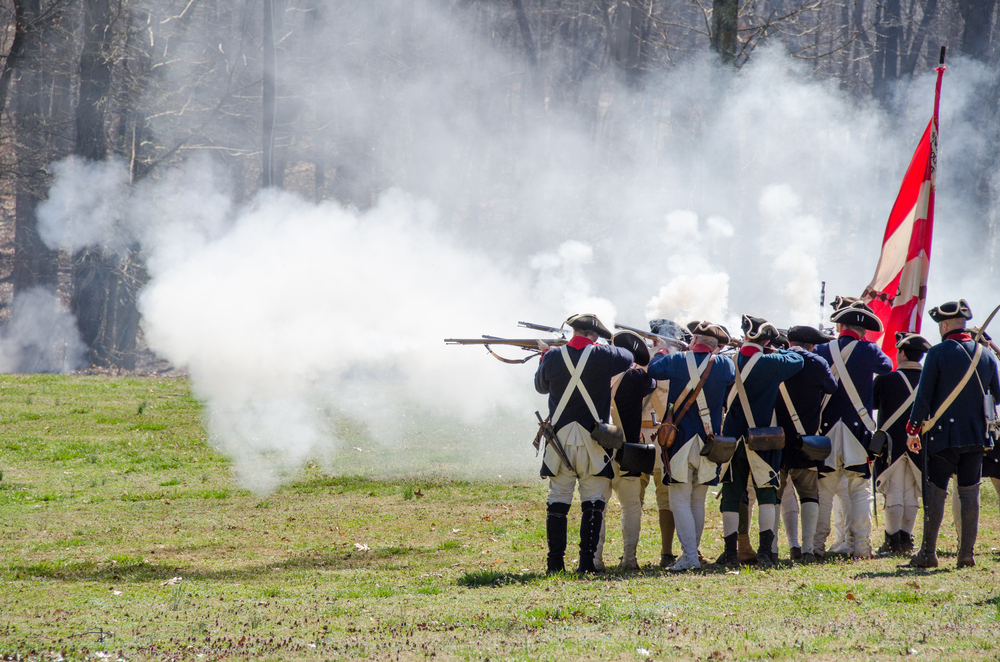July 29, 2014
Search results for "coolidge"
July 03, 2014
The Declaration of Independence reminds us to put tyrants on notice
Perhaps the most enduring legacy of the Declaration of Independence is that it sought to overturn the long abuses and powers of tyrants. It revealed the truth of self-government and that power is inherent in the people. Continue Reading...

March 21, 2014
Visualizing ‘The Forgotten Man’
February 14, 2014
Gov. Jindal: The Silent War on Religious Liberty
January 28, 2014
Why is the State of the Union Always ‘Strong’?
November 12, 2013
‘A Vision of the Impossible’: Taft on Progressives and Panaceas
In a wide-ranging discussion of the Progressive Era in her new biography of Calvin Coolidge, Amity Shlaes quotes a striking excerpt from a little-known speech by President William Howard Taft.
Given in the middle of the 1912 election, in which Taft competed (poorly) against Woodrow Wilson and former President Teddy Roosevelt, the speech focuses on the predominant themes and schemes of his opponents, handily highlighting their limits. Continue Reading...
October 14, 2013
Rand Paul on the Global Slaughter of Christians
July 03, 2013
Celebrating the Things of the Spirit
Each Independence Day, I make a point of re-reading President Calvin Coolidge’s speech given on the 150th anniversary Declaration of Independence. I’d encourage you to do the same.
Coolidge has a deep understanding of American history, and after contemplating what led the founders to write what they wrote, and what inclined Americans to follow their lead, he ultimately concludes that it was their spiritual inclinations, and the moral and spiritual orientation of the American people, that played the most important role:
Our forefathers came to certain conclusions and decided upon certain courses of action which have been a great blessing to the world. Continue Reading...
June 03, 2013
Samuel Gregg: Charles Carroll, Founding Father and Catholic Businessman
Acton’s Director of Research, Samuel Gregg, has a column in the latest issue of Legatus magazine. In it, he recognizes the accomplishments and Catholic faith of one of America’s Founding Fathers, Charles Carroll. Continue Reading...
February 20, 2013